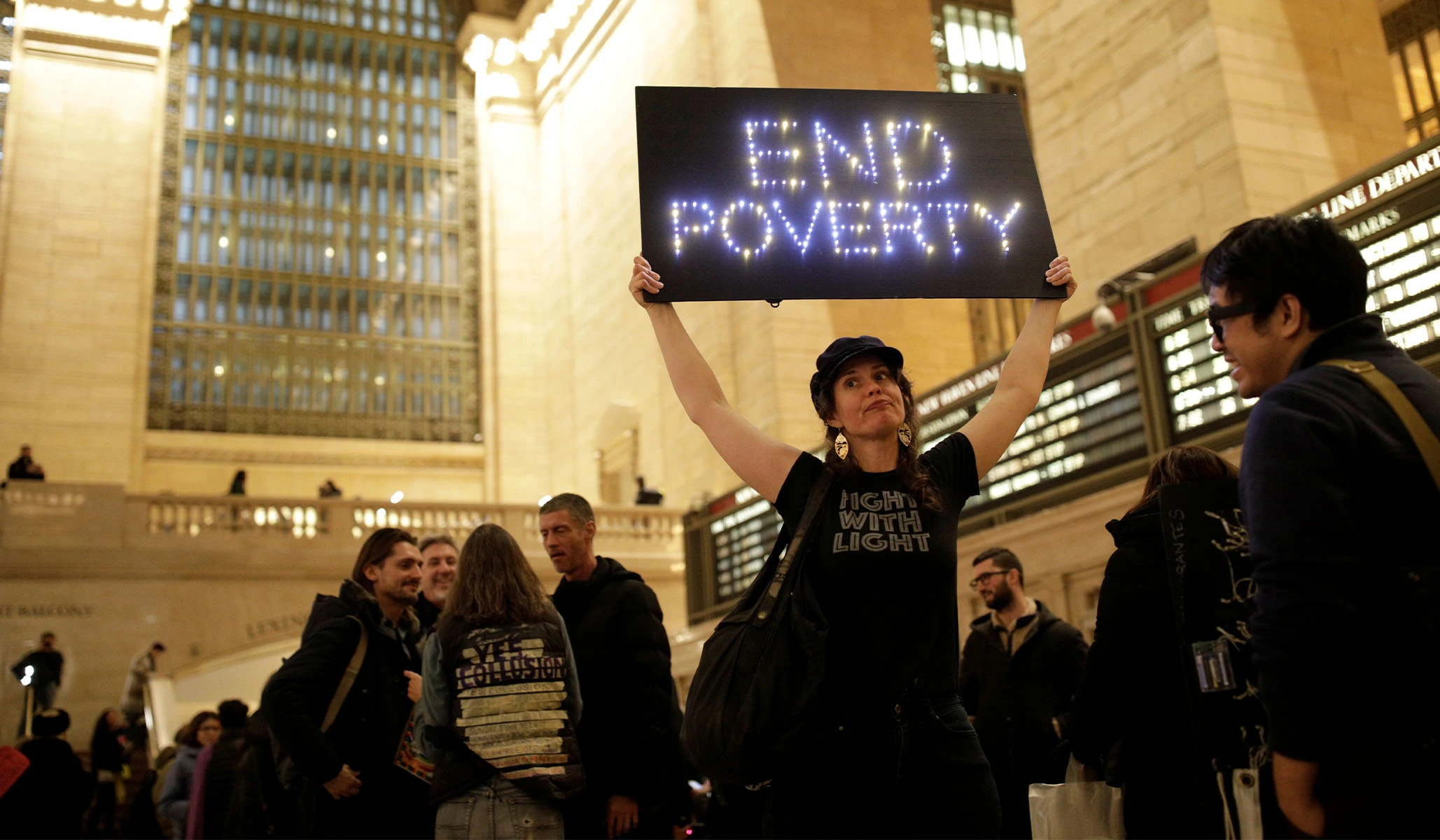Sociologist Matthew Desmond poses a simple question in his new book, Poverty, by America: “Why is there so much poverty in America?” Desmond, a MacArthur genius-grant recipient and Pulitzer Prize-winning author of Evicted, seeks to answer this question both as a social scientist and as a “poverty abolitionist.” He argues that we collectively exploit the poor through low wages and higher prices, subsidize the wealthy over the poor, and wall ourselves off in our communities to hoard opportunities unavailable to the poor. Desmond pairs these arguments with personal stories about people affected by these forms of exploitation, abandonment, and exclusion. While Poverty, by America may mobilize those already inclined to action, it is unlikely to persuade those who might otherwise be persuadable due to three tragic flaws that limit its reception.
Firstly, to properly answer the opening question and point to solutions, Desmond needs to give a clear definition of poverty, an understanding of cases in which poverty has successfully been reduced, and insight into the requirements for emulating those cases. He falls short in all three areas. Secondly, Desmond struggles to identify and examine successful cases of poverty reduction, which is crucial to problem-solving sociology. Finally, Desmond’s call to “out-hate” poverty is a fine motivator but clouds judgment. The reality is that finding ways to outsmart the problem is frustratingly hard.
Desmond’s book has the potential to be an eminently readable book, but it is limited in its reception due to these flaws. Desmond’s goal is to eliminate poverty and its associated problems from American life, but his reliance on relatively weak evidence for a claim so fundamental to the book’s thesis leaves the reader feeling underwhelmed. It is essential to look beyond the poor to understand the causes of poverty, but it is unclear how it helps us identify the sources of poverty and systematically change them. Desmond’s book is a moral charge to interrogate our role in perpetuating the social structures that exploit, abandon, and exclude the poor, but it provides little guidance for readers interested in social change.

